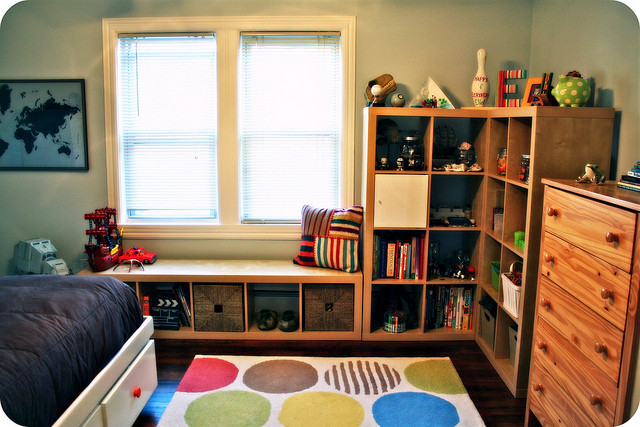Tidying Up with Marie Kondo was recently released on Netflix and it has been instantly the talk of the town. The Japanese organizing consultant inspires people to try her so-called "KonMari method," promoting the importance of tidying up and decluttering. These two were not just pleasant in terms of appearance, it turns out both are also good for physical and mental health.
According to Darby Saxbe, Ph.D., assistant professor of psychology at the University of Southern California, tidying up and decluttering can be therapeutic. When we can control our surroundings, the physical act of cleaning can be an "escape" when we feel overwhelmed by things like work or technology.
Saxbe, the lead author of the 2010 study published in the Personality and Social Psychology Bulletin journal, said people feel more stressed when their surrounding isn't organized, while those who didn't feel the sense of clutter had low levels of the stress hormone cortisol. Their finding suggests that those who had an organized environment don't feel obligated, explaining the brain doesn't like to deal with such obligations.
In addition, a lot of people feel more productive when their space is organized and neat. This has something to do with the brain's visual cortex, an area where it experiences an overload when a person sees many things in visual field which hinders the attention and ability to process information.
Your bedroom also plays a crucial part. A survey conducted by the National Sleep Foundation found out that those who are organizing their bed every night were 19 percent more likely to have a good sleep compared to those who didn't organize their bed. The survey indicates many people believe a clean and organized bedroom is vital, which is significant to have a good sleep.
A 2013 study also noted tidying up and decluttering were associated with eating habits. Participants who were placed in an orderly room tend to choose healthier snacks than the participants who were placed in a disorganized room. Clutter makes the brain stressful, which leads to poor decision-making like choosing foods that weren't healthy.
Meanwhile, it's important to set a realistic goal when tidying up and decluttering, since not meeting your "set goals" might be the source of stress. Some people are highly organized by nature, while others are prone to making a bit of a mess now and then - which is fine.
Just remember to stay away from unnecessary hoarding, and also take things slowly while organizing your belongings. Don't let your good personal hygiene be compromised, particularly during the flu season.






